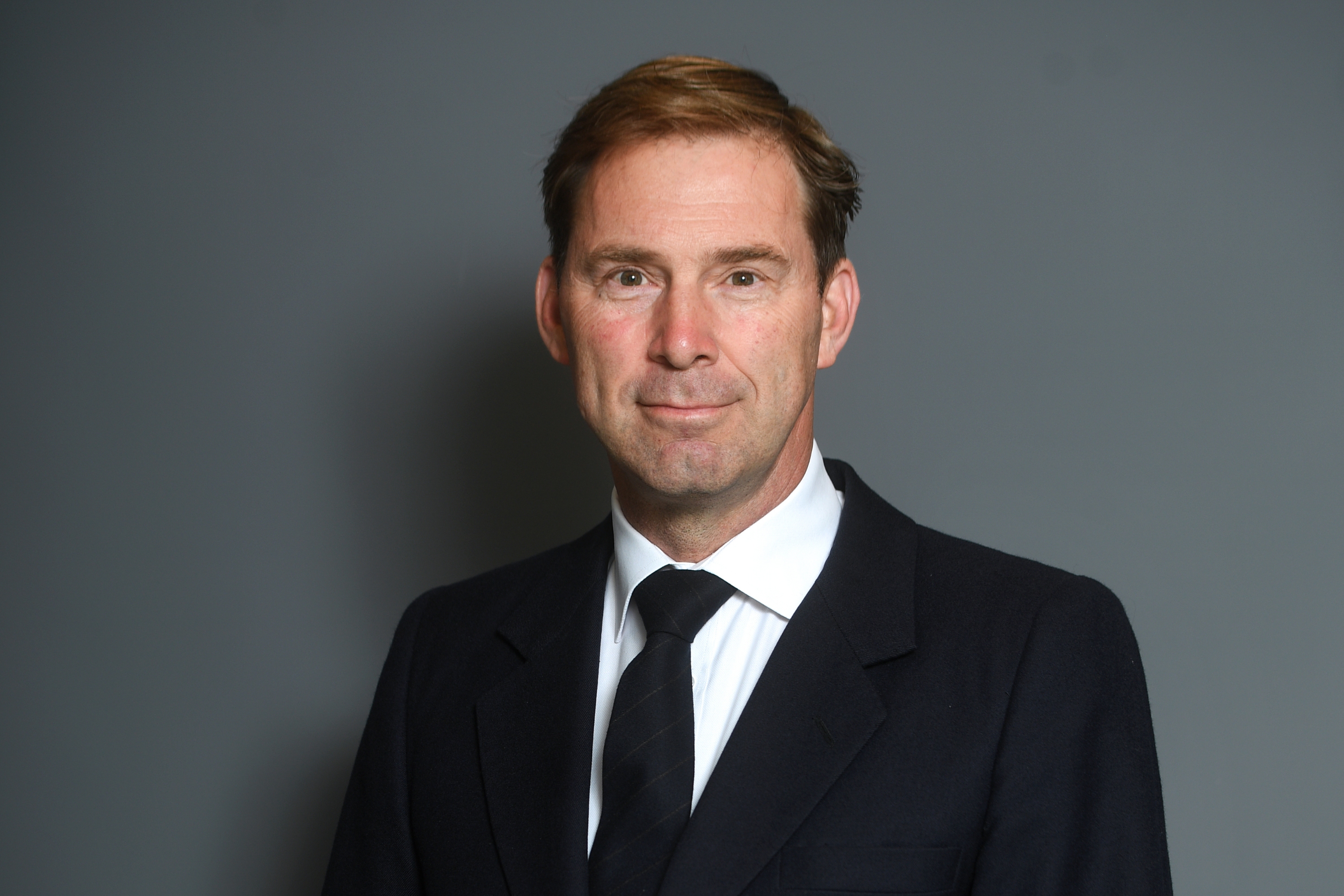Afghanistan is the forgotten country. The loss of 455 UK military personnel, hundreds returning with life changing injuries and the manner of our departure in handing over the country to the very insurgents we went in to defeat, has all taken its toll…
There is understandably little appetite to discuss how we squandered the incredible umbrella of security created by our brave service personnel. Without a co-ordinated strategy to rebuild Afghanistan, we ignored the complex tribal power bases and allowed corruption in Kabul to become a by-word. President Trumps’ unilateral deal with the Taliban which excluded the Afghan Government and the decision to pull US troops out, sealed Afghanistan’s fate. But now 40 million people feel abandoned, and 20 million women and girls have been sent back to the stone age.
I visited the country a dozen times over the last couple of decades. Drawn to the country after losing my brother in the Bali terrorist bombing in 2002 which was orchestrated by an Al Qaeda affiliate. The imbalance between military success on the ground and follow-up economic and governance development was clear from the start. We failed to win over hearts and minds.
Step into the shoes of the Afghan people today. They are war weary, having endured four decades of conflict and instability. Today there is an eerie calm to the country. Security is different but that is because the Taliban’s daily attacks have stopped. The opium trade is significantly down but that is because the Taliban’s black market to fund its insurgency has gone. Farmers are free to grow other crops and take them to market without fear of running into the Taliban’s IEDs.
There is also no clarion call for regime change. This begs the difficult question; if the Afghan people do not seek it why do we continue to punish them because the Taliban are in charge? There are no easy options here. But there are consequences for continuing to turn a blind eye.
Firstly, varying estimates suggest the country has around two years before the isolated economy collapses.
Secondly, in 2019 the UN estimated around 6 million Afghans depended on international aid; today that number has risen to 28m indicating a large-scale humanitarian crisis is not far away as the UN struggles to fund its existing programmes.
Thirdly, ISIS-K is the latest incarnation of terrorism that is now incubating in Afghanistan. It’s gaining traction and may prompt a revival of terrorism on a pre- 9/11 scale.
The Taliban struggles to cope. A division is emerging between the isolated supreme leader in Kandahar, pumping out his extremist diktats often against women and the practitioners who run the ministries in Kabul now quietly issuing licences, in defiance of Kandahar, so women can continue to work.
The UN chief in Kabul, Rosa Otunbayeva, leads international condemnation against these dikats, especially the end of schooling for girls who reach 11. But her bigger worry is that half of all children – UNDER the age of 11 (Boys AND girls) get NO education at all as the school buildings they need do not physically exist.
Unless the international community engages soon the next generation of Afghans, will be open prey for radicalisation – the next generation of extremists.
On so many fronts, Afghanistan is on a worrying trajectory and our current strategy of condemning from afar is having no effect. Afghanistan desperately needs our help. Engagement does not mean recognition. Its time rethink our Afghan strategy – before its problems come back to haunt us. We owe it to the Afghan people.
Its time rethink our Afghan strategy – before its problems come back to haunt us

Tobias Ellwood MP
Tobias Martin Ellwood VR is a British Conservative Party politician and soldier who has been the Member of Parliament for Bournemouth East since 2005. He has chaired the Defence Select Committee since 2020 and was a Government Minister at the Ministry of Defence from 2017 to 2019.

